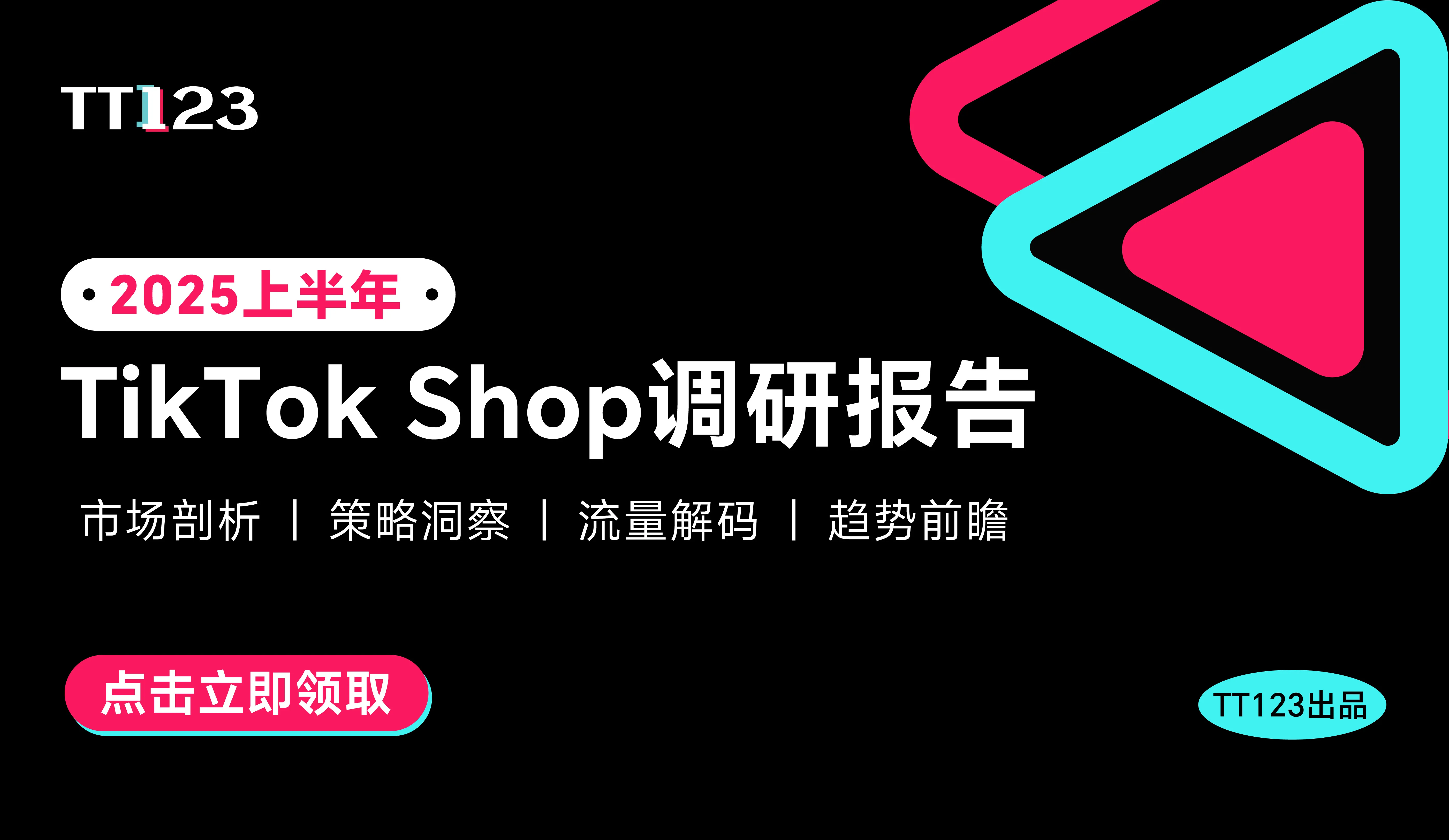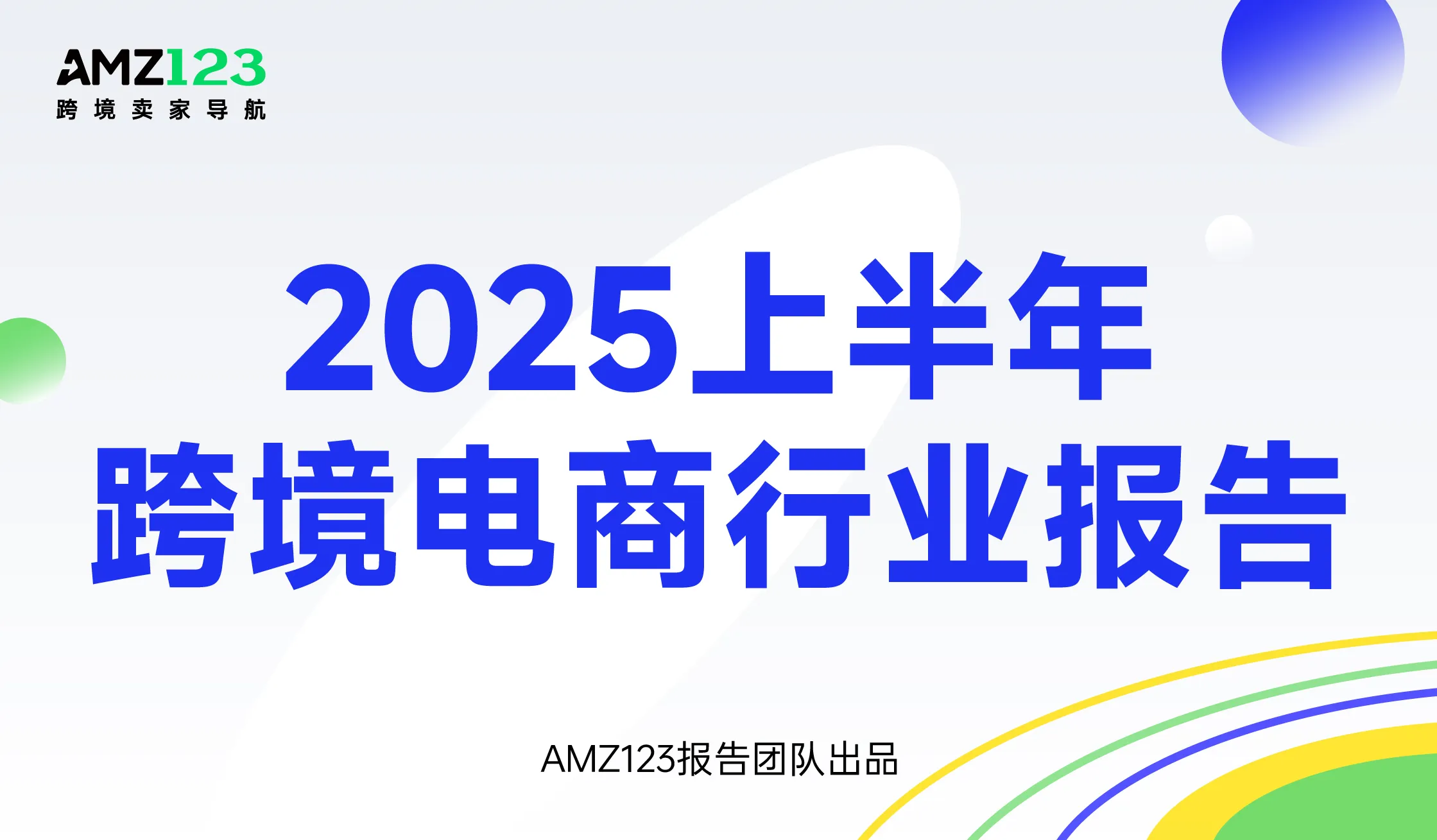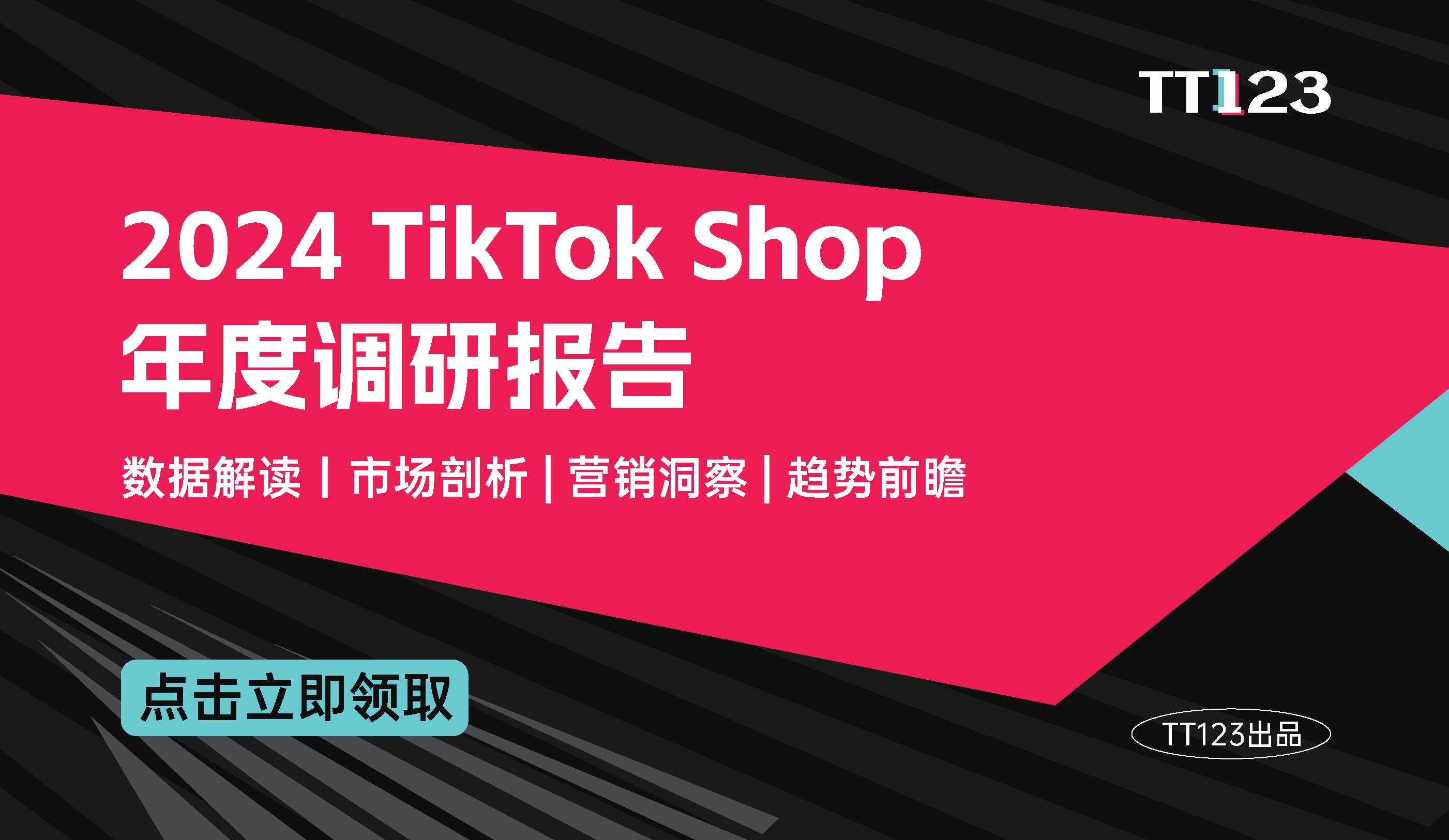海运中的EFF是什么意思?
 7371
7371
EFF:New Environmental Fuel Fee
Effective from 1st December 2019, Maersk will introduce a Environmental Fuel Fee (EFF) on all trades, which will apply to all spot business and contracts with validity up to 3 months.
从2019年12月1日起,马士基将对所有行业征收环境燃油费(EFF),该费用将适用于所有现货业务和有效期不超过3个月的合同。
The EFF tariff will be trade-specific and reflect the fuel-related cost increases that result from compliance to the IMO 2020 regulation (calculated as the price difference between high sulphur fuel and low sulphur fuel multiplied by a trade factor).
EFF关税将针对特定贸易,并反映因遵守IMO 2020法规而导致的与燃料相关的成本增加(计算方法为,高硫燃料和低硫燃料的价格差乘以贸易系数)。
The EFF tariffs will only be reviewed in case of significant fuel price fluctuations (more than 50 USD/ton).
仅在燃料价格出现重大波动(超过50美元/吨)的情况下,才对EFF关税进行审核。
The EFF tariffs applicable from 1st December 2019 will be announced end-October 2019.
从2019年12月1日起适用的EFF关税将在2019年10月底宣布。
上面提到的IMO 2020 regulation,
From 1st January 2020, a new regulation will come into force to reduce air pollution from ships globally. Whereas today ships can use fuel with up to 3.5% sulphur content (outside Emission Control Areas), the new global sulphur cap will be 0.5%.
从2020年1月1日起,一项新法规将生效,以减少全球船舶的空气污染。如今,船舶可以使用含硫量高达3.5%的燃料(在排放控制区之外),而新的全球硫磺上限将为0.5%。
The cost of compliance with the new regulation will be significant, so the cost of shipping will increase.
遵守新法规的成本将很高,因此运输成本将增加。
因此伴随着EFF还有一个费用更新即BAF:Bunker Adjustment Factor.
As previously communicated, our revised Bunker Adjustment Factor (BAF) is designed to adjust contract rates within the duration of a contract, based on fluctuations in fuel-related costs. It applies to contracts with validity longer than 3 months.
正如先前所传达的那样,我们修订后的燃油调整系数(BAF)旨在根据与燃料相关的成本波动,在合同期限内调整合同价格。它适用于有效期超过3个月的合同。
In 2019, we have used the fuel price for high-sulphur fuel (3.5% sulphur) to calculate the BAF. From 1st January 2020, the BAF tariff will be calculated based on the fuel price for 0.1% sulphur gasoil with a fixed deduction of 50 USD/ton.
在2019年,我们使用高硫燃料(含硫量3.5%)的燃料价格来计算BAF。从2020年1月1日起,BAF关税将根据0.1%硫柴油的燃料价格计算,固定扣减50美元/吨。
结论是,费用更贵了!
我们在看这个图,看到这个表格,其实只需要关注ALL IN的价格即可,前面的过程可以忽略!
前面我写过一篇文章,
集装箱失衡附加费CIC和港口拥挤附加费PCS!
无论是何种附加费,于客户而言都是成本,于船司而言都是利润,这两年世界经济环境动荡,倒闭的大型船公司也不少,金额虽然小,一条柜子上一个费用也积少成多,聚沙成塔,何况是一条船,一点点稳定的掠夺着世界的财富,金钱永不眠!
我的座右铭是,宁可少赚钱,也不去冒险--世界船王包玉刚.
上个世纪中期世界各国经营航运业的人,都是采用传统的短期出租方式,也就是每跑一个航程,就同租用船只的人结算一次。这样不但收费标准高,而且随时可以提高运价。闻名世界的希腊船王奥纳西斯、美国船王路德威克,以及老一代香港船王董浩云,都是这样。
包玉则采取了长期出租的经营方式,把自己的船为期3年、5年甚至10年地租给别人,租用者按月交纳租金,同时租金标准也很低,许多人都在嗤笑他这不自量力,不懂规矩,包玉刚则谋求的是长期稳定的收入,这是放眼未来的一种经营方法,而短期出租就要承担一定的风险,是这稳扎稳打的方式让包玉刚区别于其他的船主,最后坐上了世界船王的宝座。
以附加费的形式将费用固定,无论基础运费怎么变,固定的利润以官方的形式规定下来,永远都在,这也是在长期稳定的谋求未来!



























EFF:New Environmental Fuel Fee
Effective from 1st December 2019, Maersk will introduce a Environmental Fuel Fee (EFF) on all trades, which will apply to all spot business and contracts with validity up to 3 months.
从2019年12月1日起,马士基将对所有行业征收环境燃油费(EFF),该费用将适用于所有现货业务和有效期不超过3个月的合同。
The EFF tariff will be trade-specific and reflect the fuel-related cost increases that result from compliance to the IMO 2020 regulation (calculated as the price difference between high sulphur fuel and low sulphur fuel multiplied by a trade factor).
EFF关税将针对特定贸易,并反映因遵守IMO 2020法规而导致的与燃料相关的成本增加(计算方法为,高硫燃料和低硫燃料的价格差乘以贸易系数)。
The EFF tariffs will only be reviewed in case of significant fuel price fluctuations (more than 50 USD/ton).
仅在燃料价格出现重大波动(超过50美元/吨)的情况下,才对EFF关税进行审核。
The EFF tariffs applicable from 1st December 2019 will be announced end-October 2019.
从2019年12月1日起适用的EFF关税将在2019年10月底宣布。
上面提到的IMO 2020 regulation,
From 1st January 2020, a new regulation will come into force to reduce air pollution from ships globally. Whereas today ships can use fuel with up to 3.5% sulphur content (outside Emission Control Areas), the new global sulphur cap will be 0.5%.
从2020年1月1日起,一项新法规将生效,以减少全球船舶的空气污染。如今,船舶可以使用含硫量高达3.5%的燃料(在排放控制区之外),而新的全球硫磺上限将为0.5%。
The cost of compliance with the new regulation will be significant, so the cost of shipping will increase.
遵守新法规的成本将很高,因此运输成本将增加。
因此伴随着EFF还有一个费用更新即BAF:Bunker Adjustment Factor.
As previously communicated, our revised Bunker Adjustment Factor (BAF) is designed to adjust contract rates within the duration of a contract, based on fluctuations in fuel-related costs. It applies to contracts with validity longer than 3 months.
正如先前所传达的那样,我们修订后的燃油调整系数(BAF)旨在根据与燃料相关的成本波动,在合同期限内调整合同价格。它适用于有效期超过3个月的合同。
In 2019, we have used the fuel price for high-sulphur fuel (3.5% sulphur) to calculate the BAF. From 1st January 2020, the BAF tariff will be calculated based on the fuel price for 0.1% sulphur gasoil with a fixed deduction of 50 USD/ton.
在2019年,我们使用高硫燃料(含硫量3.5%)的燃料价格来计算BAF。从2020年1月1日起,BAF关税将根据0.1%硫柴油的燃料价格计算,固定扣减50美元/吨。
结论是,费用更贵了!
我们在看这个图,看到这个表格,其实只需要关注ALL IN的价格即可,前面的过程可以忽略!
前面我写过一篇文章,
集装箱失衡附加费CIC和港口拥挤附加费PCS!
无论是何种附加费,于客户而言都是成本,于船司而言都是利润,这两年世界经济环境动荡,倒闭的大型船公司也不少,金额虽然小,一条柜子上一个费用也积少成多,聚沙成塔,何况是一条船,一点点稳定的掠夺着世界的财富,金钱永不眠!
我的座右铭是,宁可少赚钱,也不去冒险--世界船王包玉刚.
上个世纪中期世界各国经营航运业的人,都是采用传统的短期出租方式,也就是每跑一个航程,就同租用船只的人结算一次。这样不但收费标准高,而且随时可以提高运价。闻名世界的希腊船王奥纳西斯、美国船王路德威克,以及老一代香港船王董浩云,都是这样。
包玉则采取了长期出租的经营方式,把自己的船为期3年、5年甚至10年地租给别人,租用者按月交纳租金,同时租金标准也很低,许多人都在嗤笑他这不自量力,不懂规矩,包玉刚则谋求的是长期稳定的收入,这是放眼未来的一种经营方法,而短期出租就要承担一定的风险,是这稳扎稳打的方式让包玉刚区别于其他的船主,最后坐上了世界船王的宝座。
以附加费的形式将费用固定,无论基础运费怎么变,固定的利润以官方的形式规定下来,永远都在,这也是在长期稳定的谋求未来!


 热门活动
热门活动 



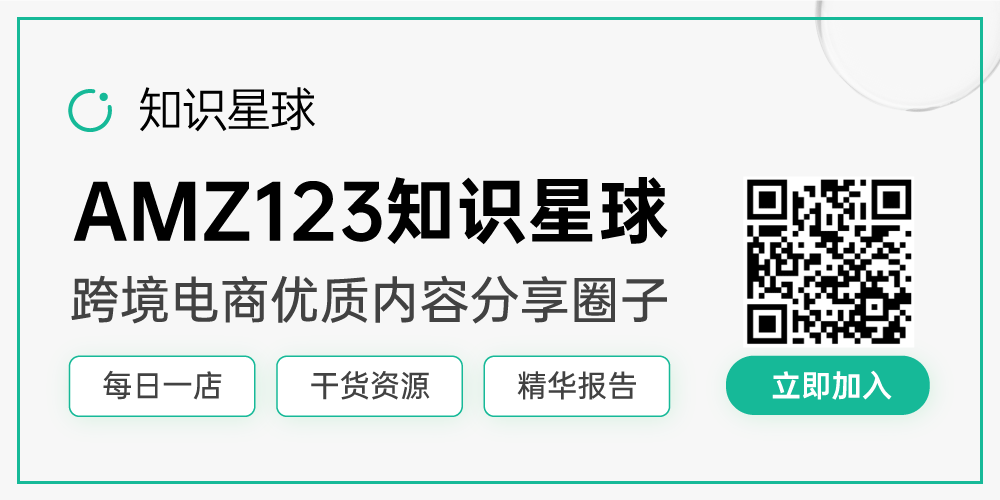



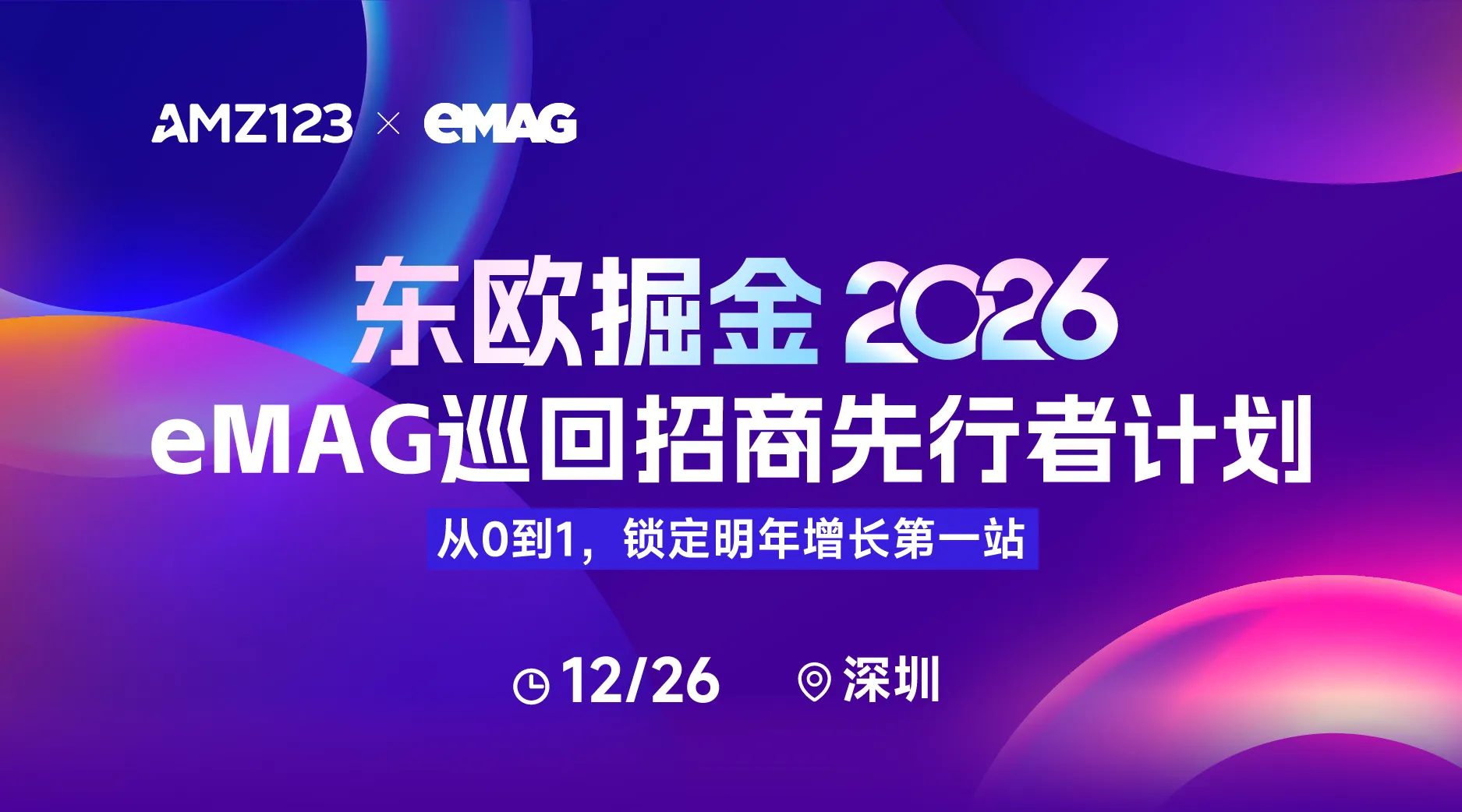
 广东
广东 12-26 周五
12-26 周五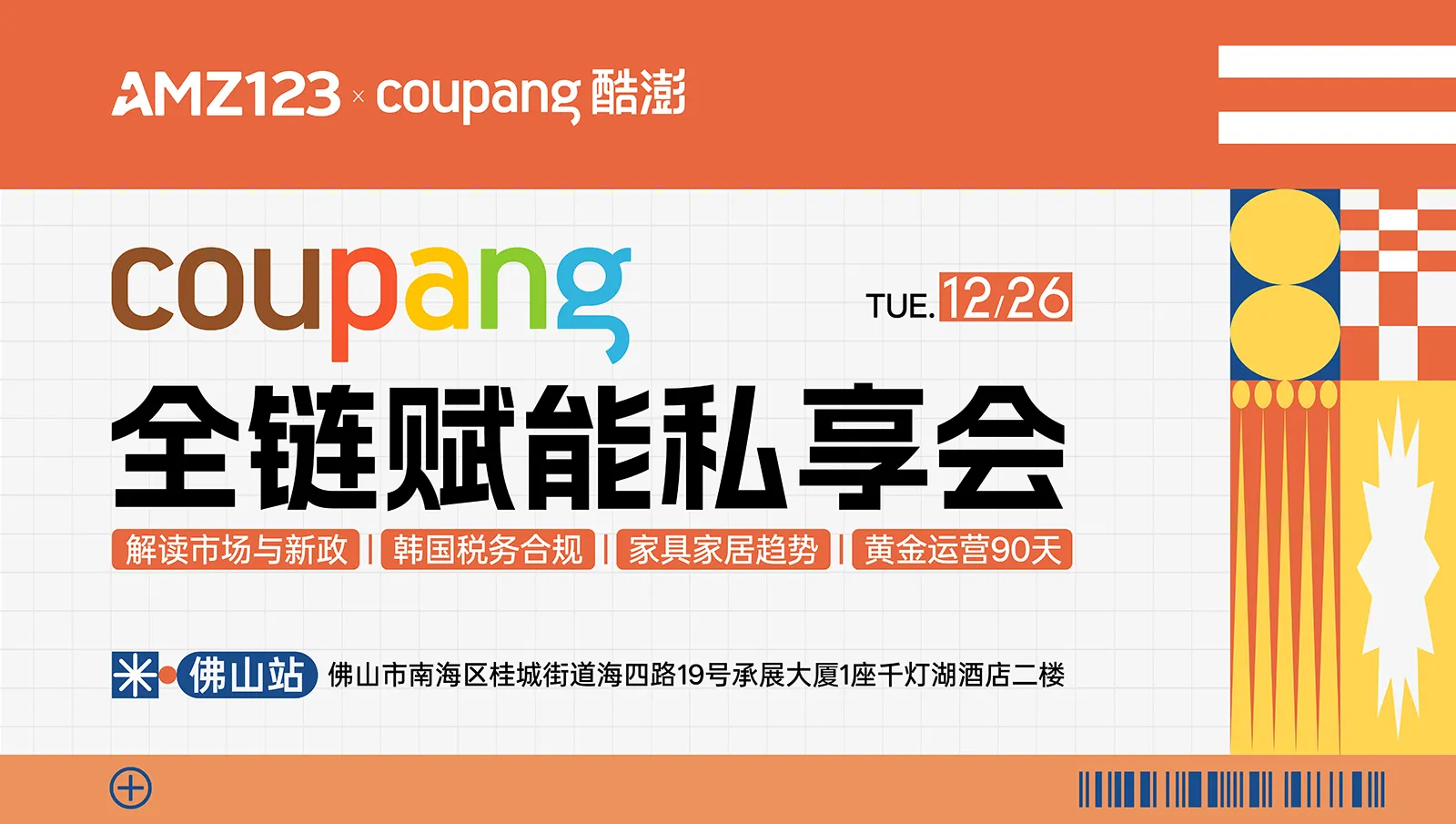
 热门报告
热门报告 